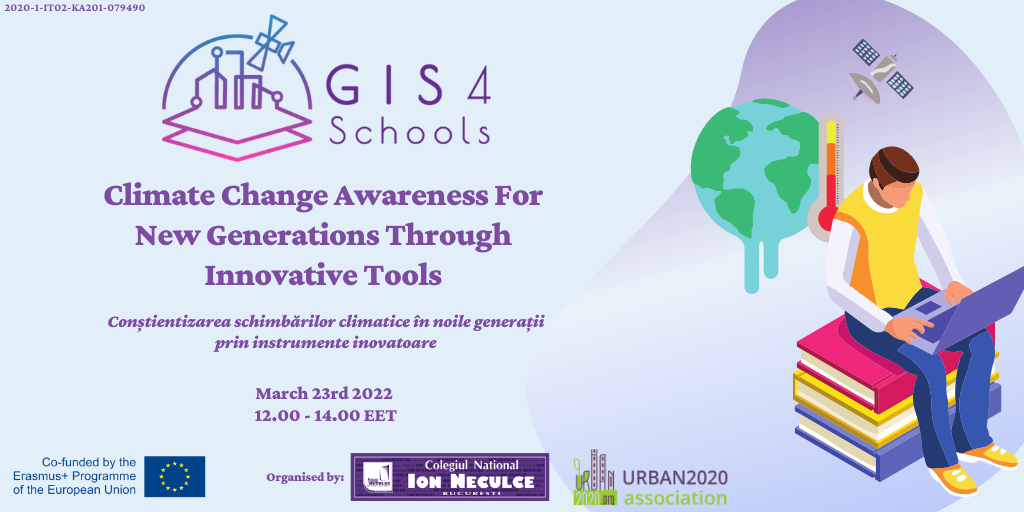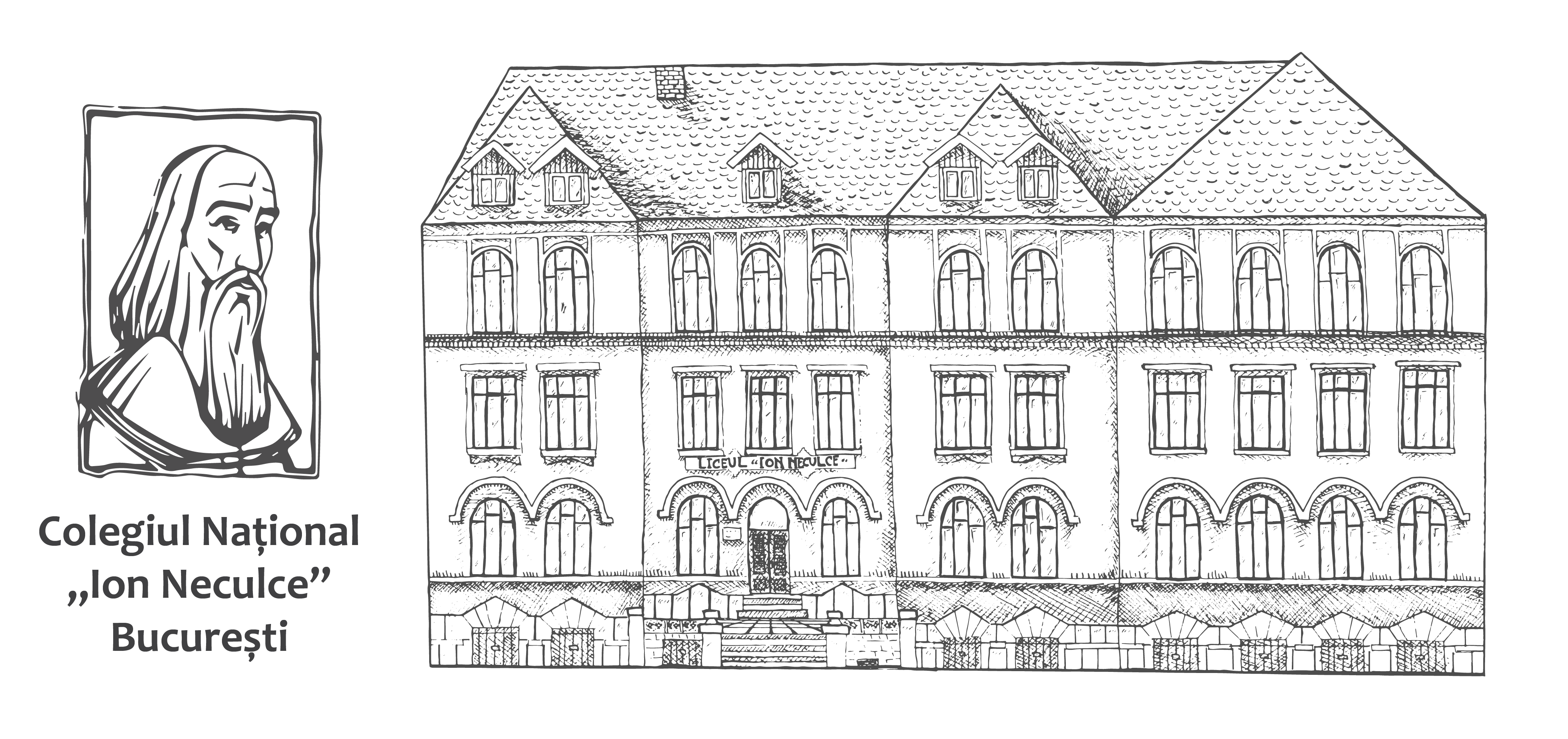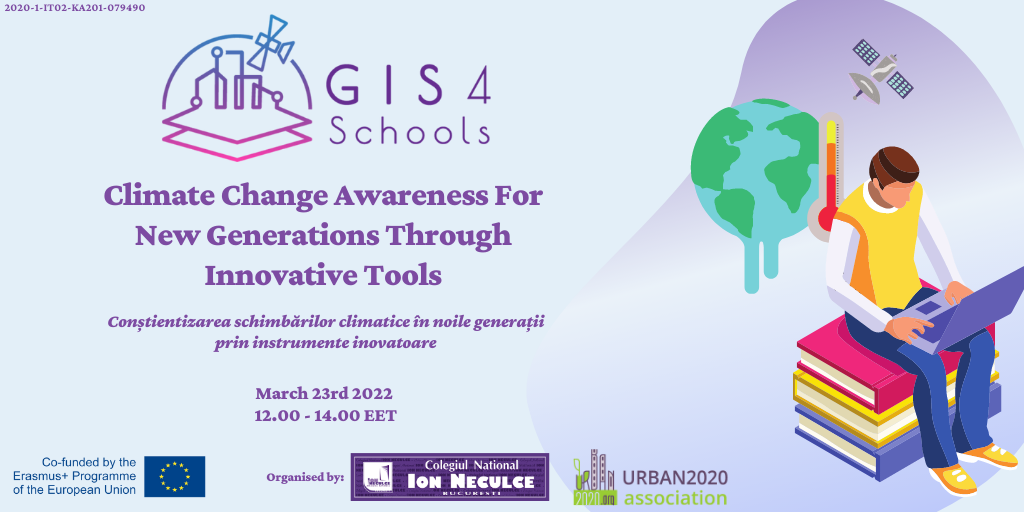GIS4Schools


Project website: https://gis4schools.eu/#/
Induction video for the project: https://youtu.be/S-JQQ7hd50s


The Erasmus Days 2021 are here! In this frame we are organizing the webinar “GIS4Schools: Promoting a new teaching methodology in STEAM subjects” that will take place on October 15th from 3 to 4.30 pm CEST.
The roundtable “GIS4Schools: Promoting a new teaching methodology in STEAM subjects” focuses on the importance of providing teachers and pupils with resources and innovative practices for the teaching of GIS and, more broadly, STEAM/STEM subjects. The event aims at stimulating a dialogue among representatives of the GIS4Schools project and European institutions specialized in innovation and learning to come up with initiatives to further promote GIS teaching in schools’ curricula.
The participation to the event is free of charge, but the registration is mandatory: https://bit.ly/3Fcg8aC . Feel free to share the event with your network and on your website and social media!



GIS4SCHOOLS Project will hold its first online event on October 14th, called „Climate Change awareness for new generations through innovative tools„. It will take place between 11:00 and 13:30 Romania time, and you can check out the schedule and meeting link HERE
For the complete press release, please click HERE

Project title: GIS4SCHOOLS – Improving STEAM Education in Secondary Schools through the development and co-creation of new methodologies for teaching to and exploitation
by pupils of GIS products related to climate impact on the environment.
Project Acronym: GIS4Schools
Project coordinator: Euronike
Funding: Erasmus +
Duration of the project: September 2020 – June 2023
The Gis4Schools project is a strategic partnership in the field of School Education aimed at introducing new methodologies based on GIS technologies, in High Schools programmes. The tool will be applied to the impact of climate change on the environment, in order to improve STEAM’s learning skills of pupils.
Improving STEAM education is one of the strategic priorities of the EU in the field of Education and training. However, although progress has been made in this area, according to the 2018 (PISA) results more than one in five pupils in the EU has insufficient proficiency in reading, mathematics or science. To improve STEAM’s learning, it is fundamental “to find better ways to nurture the curiosity and cognitive resources of children” by linking science with other subjects and disciplines. The final purpose is to allow students to better understand and tackle the environmental and societal challenges, with a focus on the local level. In this approach GIS is a precious enabling tool for the engagement of pupils in analysis related to their local environment and community.
The Gis4Schools project is based on a transnational and multi-stakeholders partnership (11 project partners) composed of:
Four secondary schools: ITT Marconi (Italy), Escola Secundária José Afonso (Portugal), Colegiul Național ”Ion Neculce” București (Romania), and IES Marc Ferrer (Spain);
One technical university: the Politecnico di Milano (POLIMI) (Italy)
One training teaching centre: Eagle Intuition (Portugal)
Four European and National Associations active in the field of Education, Space, Resilience and Climate Change: Eurisy (France), Euronike (Italy), Urban 2020 Association (Romania) and Blue Bubble World (Spain).
The project intends to promote a new approach for the involvement of pupils in STEAM disciplines’ learning by introducing the teaching of the GIS technology which is not yet (or rarely) adopted in secondary schools, and by applying it to the thematic area of “Climate Change” which is receiving increasingly global attention.
The main results of the project:
The activities will lead to the development of five Intellectual Outputs:
O1: Development and implementation of the Training Package – consists in supporting teachers through a learning path that leads them to consider GIS as an integral part of the program they offer to students. A training course followed by long-term support, in terms of coaching and feedback, helps the professors in getting more confident both in teaching about GIS and in teaching with GIS.
O2: Suite of open-source GIS products co-created with pupils involvement – Pupils will be exposed to the practical application of the newly acquired knowledge about GIS and the underlying science, technologies and data, by familiarizing themselves with data manipulation as well as with the design and development of the required software and procedures to obtain GIS products. The IO2 consists of open training material based on case studies (examples: increase in surface temperature).
O3: Pupils-led final report based on GIS Products – Pupils and their teacher will take stock of all they have learned throughout the project and build upon it to produce an evidence-based report. A video report and written report will be produced by each school.
O4: E-Learning platform and Open-Source Repository – The creation of the E-learning platform and Open Source Repository responds to the necessity of spreading the knowledge developed throughout the implementation of the project and of making available the materials produced for future fruition as well as replication and evolution in different contexts. It is the unifying technological tool that keeps all the different components of the project together and that assure the transferability of the overall process.
O5: Monitoring and evaluation analysis report and policy guidelines – It is a key component for the transferability of the learning outcomes. One intermediate report and one final evaluation report will be delivered. The reports will allow a final evaluation of the learning process and the actual achievement of the project’s objectives.
Directly engaging the communities with the project is another important variable in the final outcome, so thematic events will be organized. The events have the role of rising awareness on the topics and deliverables of the project. The suite of meetings will be designed to engage relevant stakeholders experts in order to discuss the project’s outputs and to share inputs with the scope of enhancing its exploitation and adoption by the schools. The events will be of three types: national, local and for disseminating the results.
The project expected outcomes involve the following:
A reach of about 24 teachers and 180 pupils directly involved in the project’s activities
A reach of about 200 teachers and 1000 pupils as indirect beneficiaries
Role of Colegiul National Ion Neculce
Ion Neculce National College will involve 6 teachers in the training activities to understand the use of the tools and transfer the knowledge to the students. Pupils will actively and strongly contribute to the realization of GIS products that will help them understand the impacts of Climate Change on their local contexts and that will be then shared with a wider community through online platforms.
The main target group inside Ion Neculce National College will be formed by 50 pupils directly involved in the project. A greater number of students is expected to benefit indirectly from the projects results, through the interaction with the main target group and through dissemination and communication activities that will be conducted at local and national level.
The 50 students directly involved are selected from different classes of the second and third year of High Schools with a mathematics-computer science profile.
Ion Neculce National College will involve 6 teachers in the training activities to understand the use of the tools and transfer the knowledge to the students. Pupils will actively and strongly contribute to the realization of GIS products that will help them understand the impacts of Climate Change on their local contexts and that will be then shared with a wider community through online platforms.







